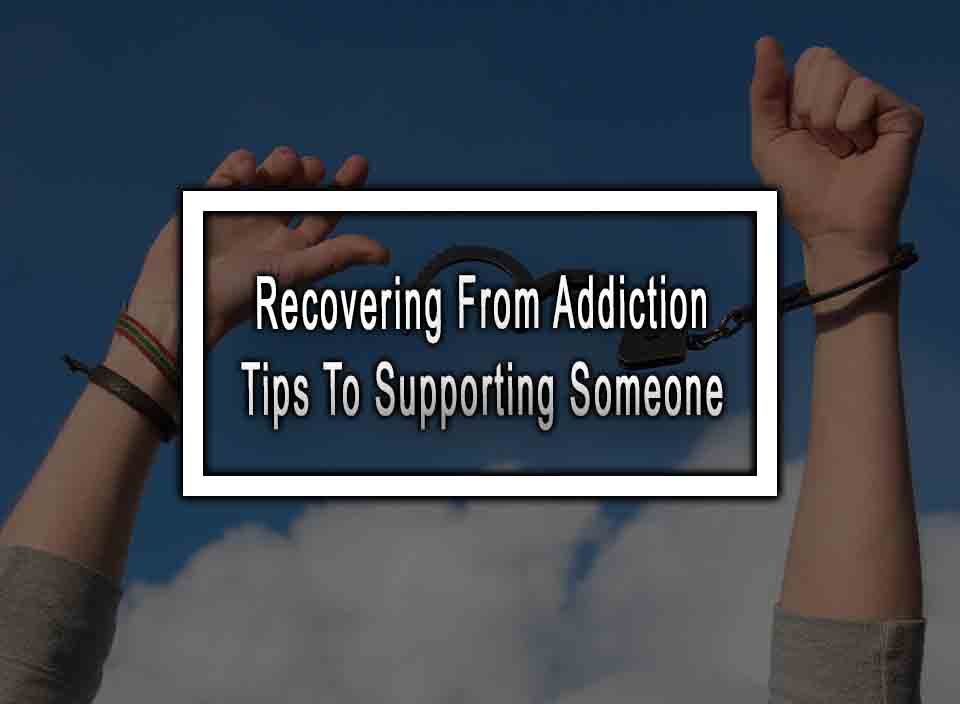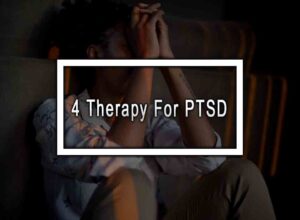Table of Contents
ToggleHere Are Some Tips For Supporting Someone Who Is Recovering From Addiction
Addiction is a serious disease that affects millions of people around the world. It can destroy relationships, cause financial ruin, and lead to physical and mental health problems. Recovering from addiction is a challenging process that requires a lot of support from family and friends. If you have a loved one who is struggling with addiction, it can be difficult to know how to help them. In this article, we will discuss some tips for supporting someone who is recovering from addiction.
Understand Their Addiction
The first step in supporting someone who is recovering from addiction is to understand their addiction. It is important to realize that addiction is not just about using drugs or alcohol. Addiction is a complex disease that affects all aspects of a person’s life, including their physical and mental health, relationships, and work or school performance.
To understand their addiction, you should educate yourself about the substance they are addicted to and its effects on the body and mind. You can also learn about common triggers for relapse and how to recognize the signs of relapse.
Encourage Treatment
One of the most important ways to support someone who is recovering from addiction is to encourage them to seek treatment. Treatment can take many forms, including inpatient or outpatient rehab programs, therapy, and support groups.
You can help by researching treatment options in your area and offering to go with them to their first appointment. It is crucial to remember that everyone’s journey to recovery is unique, so it is important to support your loved one’s decisions about their treatment.
Create a Supportive Environment
Creating a supportive environment for your loved one is essential in their recovery journey. This means removing any triggers that may cause them to relapse, such as drugs or alcohol in the home. It also means being available to talk and listen without judgment.
You can also help by encouraging healthy habits, such as exercise and a balanced diet. These habits can improve physical and mental health, and provide a sense of purpose and structure.
Be Patient and Understanding
Recovering from addiction is a challenging process that requires time and patience. It is important to be understanding of your loved one’s struggles and offer support without being judgmental or critical. Recovery is not a straight line, and your loved one may experience setbacks and relapses.
Be patient and remind them that recovery is possible and that you are there to support them in their journey. It is important to remember that addiction is a lifelong disease, and there may be times when your loved one needs your support more than ever.
Offer Emotional Support
Emotional support is crucial in the recovery process. Your loved one may be experiencing a wide range of emotions, including guilt, shame, and anxiety. It is important to be a source of empathy and compassion and to offer support without enabling their addiction.
You can also encourage them to take care of their mental health by practicing self-care, such as meditation, journaling, or therapy. These practices can help your loved one develop coping skills and self-awareness, which are essential in maintaining long-term recovery.
Conclusion
Recovering from addiction is a challenging journey that requires support from family and friends. By understanding their addiction, encouraging treatment, creating a supportive environment, being patient and understanding, and offering emotional support, you can help your loved one on their path to recovery.
Remember that recovery is a lifelong process, and your loved one may need your support even after they have completed treatment. With your support, they can overcome the challenges of addiction and live a healthy, fulfilling life.
Recovering From Addiction FAQ
Here are the most common questions about recovering from addiction.
What is addiction?
Addiction is a chronic disease characterized by compulsive drug or alcohol use despite harmful consequences.
What are the signs of addiction?
Signs of addiction include continuing to use drugs or alcohol despite negative consequences, loss of interest in social activities, neglecting responsibilities, developing a tolerance or dependence on the substance, and experiencing withdrawal symptoms.
How do I know if I need help for addiction?
If you’re struggling to control your drug or alcohol use and it’s negatively impacting your life, relationships, and overall health, seeking professional help is recommended.
What types of professional help are available for addiction recovery?
Treatment options for addiction recovery include counseling, therapy, medication-assisted treatment, support groups, and inpatient or outpatient treatment programs.
Is addiction recovery possible?
Yes. Many people recover from addiction and go on to live healthy, fulfilling lives. It’s important to remember that recovery is a lifelong process and requires ongoing effort and support.
How long does addiction recovery take?
Addiction recovery is a lifelong process, and the timeline for it varies from person to person. However, many treatment programs typically last between 30 and 90 days.
What can I expect during addiction recovery?
During addiction recovery, you can expect to work with healthcare professionals to identify and address the underlying causes of your addiction, learn coping skills to manage cravings and triggers and participate in support groups.
More like this: 10 Characteristics Of An Extrovert












